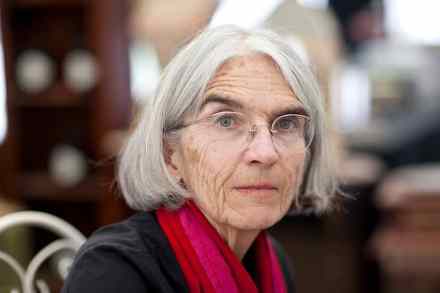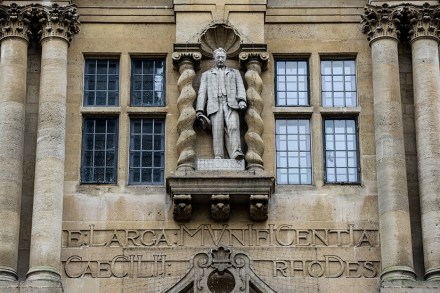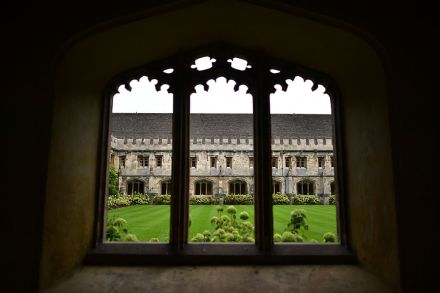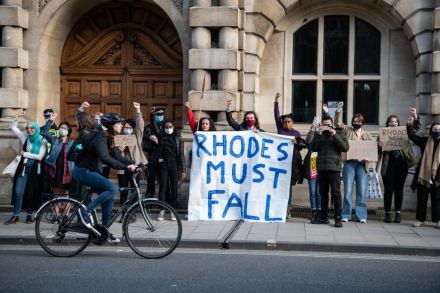Fellowship of the Lamb: how we’re saving Tolkien’s pub
I’ve just bought Tolkien’s pub in Oxford. Well, to be more precise, I and more than 300 fellow drinkers have bought the Lamb and Flag, the 400-year-old Oxford pub where the Inklings group of writers – including J.R.R. Tolkien and C.S. Lewis – drank. Like so many pubs across the country, the Lamb and Flag closed, in January last year, thanks to the pandemic trading slump. Across the road, the Eagle and Child pub also closed, in 2020, because of Covid. Tolkien and Lewis drank there, too – they called it ‘the Bird and Baby’. It remains shut. What rare survival stories these two pubs are – or were. The




















